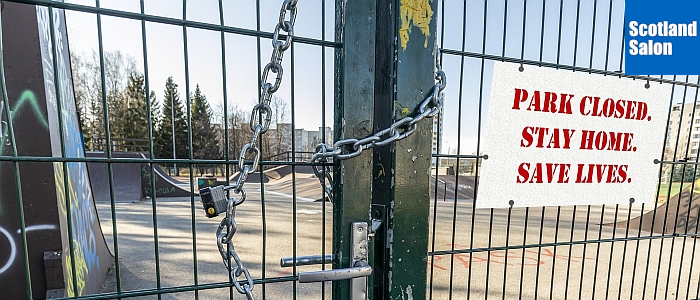
comment
Podcast: Is technology limiting our humanity?
Listen to the debate from the Battle of Ideas 2015
From Big Data to the driverless car, we seem to live in an age of dizzying technological progress, which many hail as a ‘new industrial revolution’. Robotic intelligence is becoming so advanced that many warn machines could take white-collar jobs within a generation, while computers are moving ever closer to passing the Turing Test. Meanwhile, smart technology is increasingly marketed as desirable for reducing the capacity for human error: Google’s developers note that most accidents had by their driverless car are caused by other drivers. Global companies such as IBM are involved in designing purpose-built smart cities, such as South Korea’s Songdo, which can manage the climate and water supply or respond to citizens’ movements in real time.
While much of this seems cause for celebration – liberating us from banal tasks and informing our ability to make choices – others sound a note of caution. Wall Street’s ‘flash crash’ in 2010 was allegedly caused by ‘spoofing’ technology tricking automated trading systems into believing a share crash was taking place, wiping over £500 billion off the market in a few minutes: an example of the real-world impact of entirely virtual activity. It similarly remains unclear how the driverless car would respond to systems failure or pedestrian behaviour. Architect Rem Koolhaas raises the concern that cities where citizens are ‘treated like infants’ with no ‘possibility for transgression’ are not necessarily desirable places to live.
Is it troubling that innovation seems so concerned with eliminating human failure or has that always been the aim of technological development? Is humanity facing its ‘greatest existential threat’ from today’s robots, as Tesla’s Elon Musk warns? Does the ‘new industrial revolution’ mean a welcome transformation in how we interact with the world or a limitation of our capacity in act waywardly and unpredictably?
SPEAKERS
Dr Tom Chatfield
writer and broadcaster; author, Live This Book! and How to Thrive in the Digital Age
Dr Norman Lewis
director (innovation), PwC; co-author, Big Potatoes: the London manifesto for innovation
Juliette Morgan
C&W Tech Global Lead – London; Head of Property – Tech City UK
Andrew Orlowski
executive editor, Register; assistant producer, All Watched Over By Machines of Loving Grace
Dr Paul Zanelli
chief technical officer, Transport Systems Catapult
CHAIR
Claire Fox
director, IoI; panellist, BBC Radio 4’s Moral Maze
To keep up with the IoI’s podcasts, you can subscribe via iTunes or via RSS.

comments archive

what's happening next

The unintended consequences of lockdown
Wednesday 2 December, 7pm, online, via Zoom



CONTACT Rossa Minogue
BIOGRAPHY